You are here: Home -> FAQ
Frequently asked questions
So you’re interested in starting a career in the yachting industry, but you have some questions?
Perhaps the FAQ’s below can answer some of those questions – and you’re welcome to send us an enquiry using the form under the Getting Started tab if you need more information.
Yacht jobs are generally divided into two areas – interior & exterior.
A Steward / Stewardess is responsible for the interior, and duties would include cleaning, polishing, making beds, laundry, silver service, bar & barista service , provisioning (getting supplies) & general hospitality duties. They are also sometimes required to assist with some exterior duties: driving the tender (powerboat), line handling & general deck operations.
A Deckhand is responsible for the exterior, and duties would include driving & maintenance of tenders (powerboats / jetskis), teak maintenance, polishing, cleaning, assisting the engineer, engine room duties, ropework & line handling, varnishing & painting and repairs. Assistance with water sports & navigational watch may also be required.
Both these positions are entry level & there is room for growth with various positions available – chief stewardess, purser, bosun, chief engineer & captain.
The media has to some degree portrayed the industry as all about fun, travel & earning, and although these are all true, the fact that it is a professional job has been downplayed. What they don’t say is that the job is physically & mentally demanding, and requires mature, hardworking people who have respect for authority, great people skills & an above average work ethic. If you’re willing to put in the time & effort, and can roll with the punches, this industry is for you. Do you have what it takes?
The most important courses you need to do are your STCW10 Basic Safety Training modules. STCW’s are legal requirements for anyone working on a commercial vessel, and cover the following:
- Elementary First Aid (EFA)
- Marine Fire Fighting (MFF)
- Personal Safety & Social Responsibility (PSSR)
- Personal Survival Training (PST)
- Designated Security Duties (DSD)
Another requirement would be an ENG1 medical certification, to demonstrate fitness for duty. All other courses are supplementary, but it is always a good idea to do at least the basics – deckhand and/or stewardess training, radio licence course, Food Health & Safety Level 2, Powerboat and Jetski (PWC), etc. Our tailormade career packages ensure that you not only have the legally required qualifications, but also other qualifications which make you more employable. A drivers’ licence and seaman’s book are also an advantage.
As with any industry, the more experience you have, the more easily you will find employment. Although “greenies” (newly qualified crew) can be employed, more and more of the crew recruitment agencies are looking at hiring crew who have some experience. This experience can be gained by doing daywork for a time after completing your training. Also, if you have experience in carpentry, engineering, hospitality and any other skill that could be useful on a yacht, this would be an advantage.
We closely monitor each student’s progress throughout the training process. Regular assessments and performance reviews by us and your peers ensure that you are on track. We provide personalized feedback to help you maximize your potential.
Our courses range from a few weeks to several months, depending on the role you choose and the level of training you wish to pursue. Each course is designed to equip you with the knowledge and hands-on experience needed to succeed in the superyacht industry position of you preference.
Although there is no set industry standard, but as someone starting out in the industry you could be paid between R30 000 – R40 000. This would increase based on your experience in the industry & the position held.
Upon graduation, you’ll be prepared to step into the superyacht industry with confidence. The financial rewards, career progression, and opportunities to travel the world are immense. However, the work is demanding, and you’ll be expected to maintain high standards of professionalism and performance throughout your career. Training through us is the best opportunity to meet the expectations of upmarket employers.
The best time to start looking for a job depends on which part of the world you would prefer to start your career – the Mediterranean or the Caribbean. The Mediterranean season runs from June to August each year, with yachts looking for crew from the end of April, and the Caribbean season runs from December to February, with crew being recruited from the end of October.
Our courses run throughout the year, with just a short break between Christmas and New Year. We will compile a personalised course schedule for you based on when you are available, and training can be done consecutively, or over a longer period of time, depending on how you’d like to do it. Speak to one of our booking agents to pick a schedule that’s right for you.
Precision, Professionalism, Prestige


